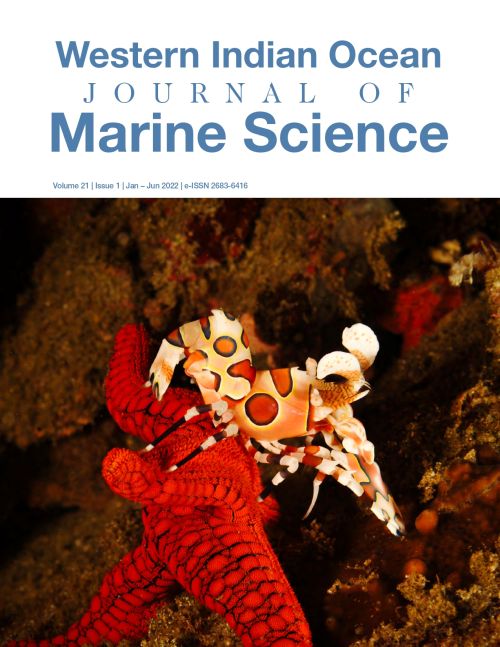Main Article Content
Perceived benefits and barriers to community participation in development projects – The case of Hazina ya Maendeleo ya Pwani on the Kenya coast
Abstract
Benefits and barriers to participating in community development projects as perceived by participants were studied in coastal counties of Kenya through a World Bank-funded initiative known as Hazina ya Maendeleo ya Pwani (HMP). Primary data were collected from 326 randomly selected HMP beneficiaries using questionnaires. Data analysis using SPSS prioritized perceived benefits of participation as: acquisition of additional financial support (94 %); development of new skill (90.8 %); enhanced ability to meet own individual needs (90.8 %); development of valuable professional relationships (90.8 %); acquisition of useful knowledge (84.2 %); increased utilization of own expertise (77.9 %) heightened public profile (77.2 %); ability to contribute to community (71.9 %); ability to have greater impact (68.8 %); and enhanced ability to effect public policy (49.1 %). Perceived barriers were prioritized as: feeling unwelcome (89.4 %); lack of information or not knowing (87.9 %); feeling unable to make a difference (87.9 %); demanding work schedule at home or office (69.7 %); inadequate transportation (50.8 %); and concern for safety (43.2 %). The study concluded that while the perceived benefits still strengthen the argument for active involvement of communities, development practitioners need to incorporate “what’s in it for me?” as an incentive for participation in future. They should also develop context-specific strategies to overcome participation barriers.




